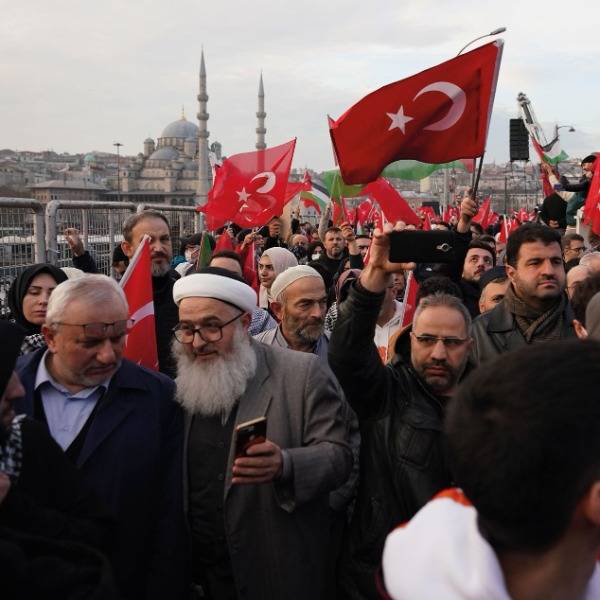Would you read a book on the long, long history of British Ulster? Even as a British Ulsterman I doubt I could be bothered going over all that narrow ground again. However, a new book from Canadian author Derek Lundy is a different matter. His previous bestseller The Way of a Ship imagined the voyages of his great-great uncle Benjamin Lundy as he crewed square-riggers around the world at the end of the age of sail. In Men that God Made Mad Lundy delves deeper into his family history with the tale of three ancestors who cropped up at pivotal junctures in Ulster's past, giving us – the publishers insist – "a revision of its history that seems particularly relevant in today's world". Robert Lundy, who shared Derek's surname but probably not his DNA, was the governor of Londonderry just prior to its infamous siege by King James II in 1688. By ordering the city's surrender he became synonymous with treachery and the useful insult 'Lundy' has been hurled at any Protestant inclined to compromise ever since.
William Steel Dickson, who shared Derek's DNA but not his surname, was a Presbyterian minister implicated in the 1798 uprising against English rule. The overstated role of Protestant non-conformists in fomenting what quickly became a Catholic rebellion is a powerful and typically flexible Irish historical shibboleth, subsequently exaggerated then ignored then exaggerated again by both sides to suit their evolving tribal agendas.
Billy Lundy, who shared Derek's DNA and his surname, was a typical working-class Ulster Protestant of the turn of the last century, living through, although not significantly participating in, the events that brought Ireland independence, partition, civil war and its eventual uneasy sectarian stalemate. Billy was, in his grandson the author's hopeful phrase, a "Protestant everyman" – which explains his presence in the tale despite his awkward absence from the events themselves.
By examining each character through the conflicting accounts of their personal history, received history, preferred history and opposing history, Lundy succeeds admirably in conveying the complexity of history. There is, as he readily concedes himself, nothing exceptional in this or indeed in any of Ireland's tiresome claims to 'historical exceptionalism'. All three characters, or their corresponding archetypes, have been the basis for useful mythmaking by sectional interests and Lundy powerfully illustrates the waste, stupidity and stagnation that inevitably results from such endless exploitation of the past. His research is deep but lightly conveyed, with well-chosen references and a pitch-perfect ear for a good quote. United Irishman Wolfe Tone's observation, over 00 years ago, that Thomas Paine's Rights of Man had become 'The Koran of Belfast' is typically delightful – and typically supplied with a scrupulous warning against its false modernity.
Lundy is an excellent historian. He begins with a point of view in clear context, then attacks it with evidence, weaving more and more layers into the picture with every opposing position. His commentary always rings true and is never sly or partial. We are left in little doubt, for example, that the author would prefer history to have been wrong about his namesake at Derry – but also left in little doubt that history merely exaggerated, embellished, twisted and selected, as usual.
Unfortunately, the strength of the book's historical narrative makes the family-tree conceit creak and groan under an increasingly heavy load. The mercifully brief first-person perspectives seem contrived and even silly alongside so much excellent, reliable and nuanced source material. The device falters as the book progresses. Robert Lundy features prominently in the tale of his own time, William Steel Dickson less so and Billy Lundy hardly at all. The author himself emerges ever more strongly in their place, although he is a welcome intrusion. By projecting the tale of each character both backwards and forwards and adding a few pertinent connections, Lundy has managed to sneak a very readable and almost complete history of British Ulster in under the wire – but the book ends up feeling constrained by the means of its delivery. Without the need to link people who may or may not be related to the author to events they may or may not have experienced first hand, Lundy would have been free to apply his insight evenly to the whole sweep of the past 400 years. Then he could have produced what this book almost is and really wants to be – a definitive popular history of British Ulster through the jaundiced eyes of a Protestant outsider. But then, how popular – let alone relevant – is that?

